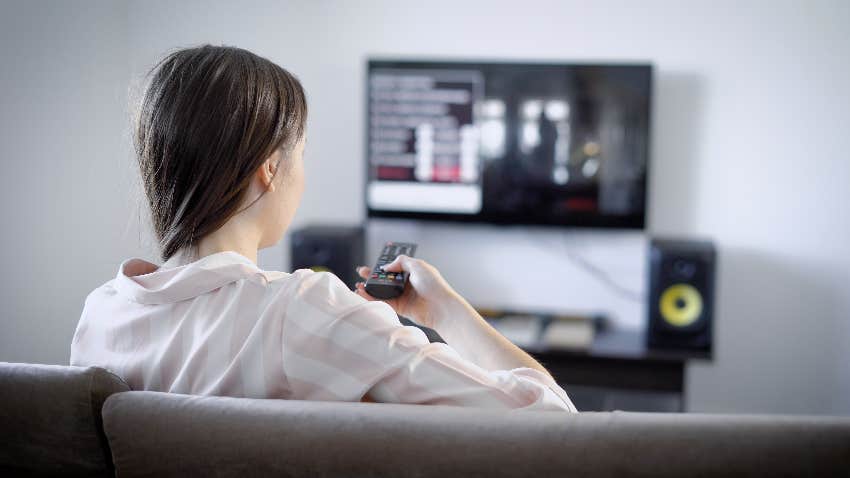Ever wonder how on earth tiny humans seem to be expert mimics—almost like tiny versions of us with a dash of sass? From the way we roll our eyes to how we handle phone calls (and yes, even how we grumble about Mondays), our kiddos are soaking up every little quirk we display. Yep, parenting isn’t just about showering them with love; it’s about being a role model…whether we like it or not! We’re all guilty of having a few habits that aren’t exactly “Instagram-perfect,” but guess what? Those daily behaviors can teach our children invaluable lessons about communication, respect, and emotional intelligence. Let’s take a sneak peek at the actions we should be mindful of, because if you think your kid isn’t watching—trust me, they are! Ready to dive in? LEARN MORE.
Everyone has a few bad habits we need to surrender to, but it’s often our day-to-day actions that our children pick up the quickest and can mimic to perfection. From how you talk to your spouse to how you talk on the phone, anything you can do, your child can (and will) do better.
Parenting involves training our kids to become successful, respectful, and responsible adults while also focusing on building strong relationships that will last a lifetime. While it can be exhausting to always be on your best behavior, here are a few actions to check yourself on because your children are sure to copy them.
Advertisement
How and when we talk on our phones gets passed along to our littlest mimickers. If you ever want to see how you look while talking on the phone, hand your kiddo a pretend phone and watch. We guarantee that what you’ll witness afterward is a reflection of you.
Parents can significantly impact a child’s ability to communicate effectively over the phone by actively teaching them phone etiquette, including how to introduce themselves, listen attentively, take turns speaking, and appropriately end a call.
Advertisement
Research published by UC Berkeley’s Greater Good Magazine explained how this practice helps children develop essential social and communication skills from a young age. It can be particularly beneficial for building relationships with distant family members and fostering confidence in social interactions.
My daughter has taken up giving out a loud sigh when she is annoyed. It bugs me, so I asked her where on earth she learned such a behavior, and she said, “Well, you do it, mommy.”
2012 research concluded that parents significantly influence how children learn to react appropriately by modeling healthy emotional responses, actively coaching them to identify and manage their emotions, and consistently setting clear expectations and boundaries.
Advertisement
This helps children develop practical self-regulation skills. This process is most effective when parents are sensitive to their children’s emotional state and actively engage them in discussions about their feelings.
 Pixel-Shot / Shutterstock
Pixel-Shot / Shutterstock
Unhappy with your body? Join the club, but please don’t shame yourself in front of your tot. Kiddos pick up on these comments faster than you can imagine — and may repeat it to themselves the next time they look in the mirror.
Advertisement
If you want to hear how you sound when speaking to others, listen in on your child’s playtime. It’ll provide you with some good insight into your behaviors.
Does your child flip out over seemingly small things? Part of it is being a child, but another part of it could be your behavior rubbing off. So, next time you see a spider crawling past your legs, maybe resist the urge to jump on the counters and scream.
Show me a polite child and I’ll show you the parent whom he mimics.
Advertisement
 Usoltsev Kirill / Shutterstock
Usoltsev Kirill / Shutterstock
Children are genuinely interested in what their parents are doing, so if you spend all of your free time in front of the TV or computer, chances are your child will too.
Joking around with your spouse about the way someone at the mall is dressed may seem innocent enough until your child does it. And then it seems way more mean-spirited.
Advertisement
Nothing shows you your linguistic tendencies until you have a small child who, like, speaks exactly, um, as you do. You know?
Denise Stirk is a writer, editor, and former contributor to PopSugar.
Auto Amazon Links: No products found.

This will close in 0 seconds
This will close in 0 seconds